trending topics
market reports
-

Registration Now Open: MEDICAL JAPAN 2026 OSAKA – Western Japan’s Largest Healthcare Trade Show
2026-02-10
-
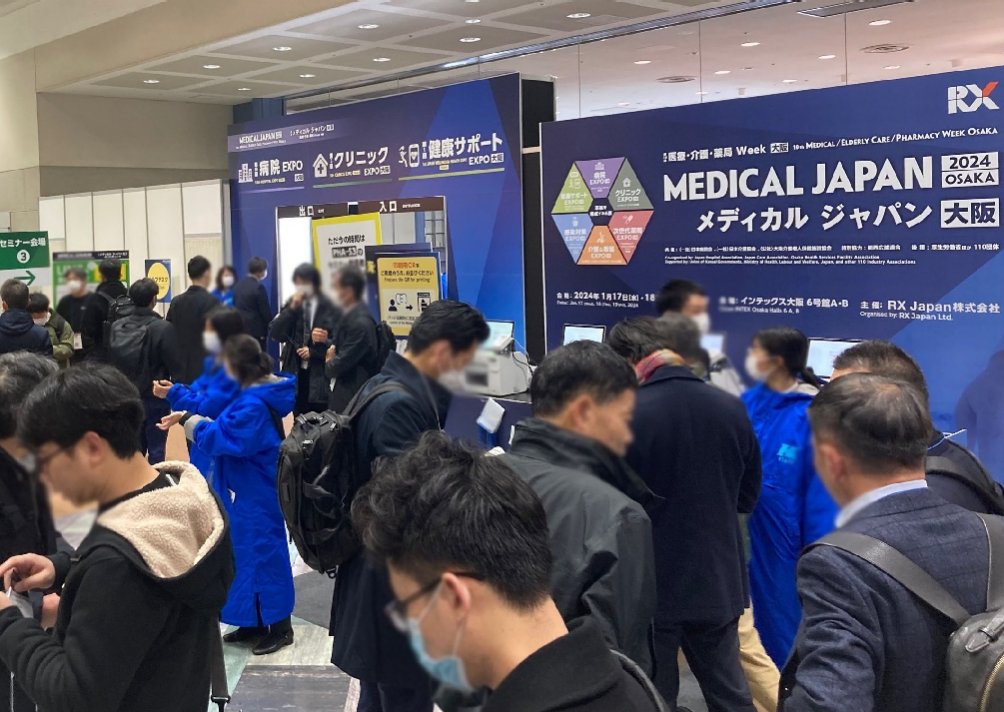
MEDICAL JAPAN 2025 OSAKA Returns to Showcase Global Innovations
2025-02-17
-
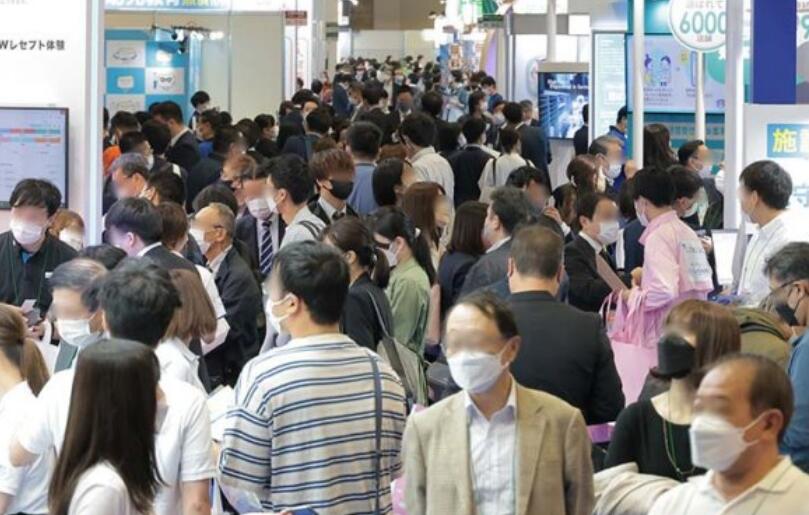
Visit MEDICAL JAPAN 2023 TOKYO and take full advantage of the business opportunities!
2023-09-01
-
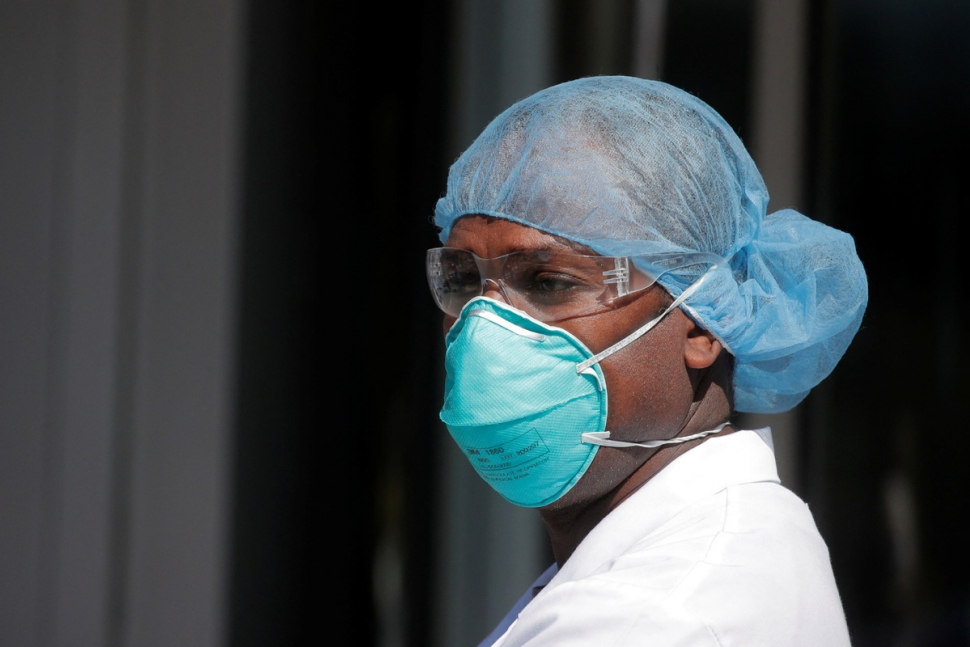
US to distribute 400 million free N95 masks at CVS, Walgreens in COVID fight
2022-01-21
-
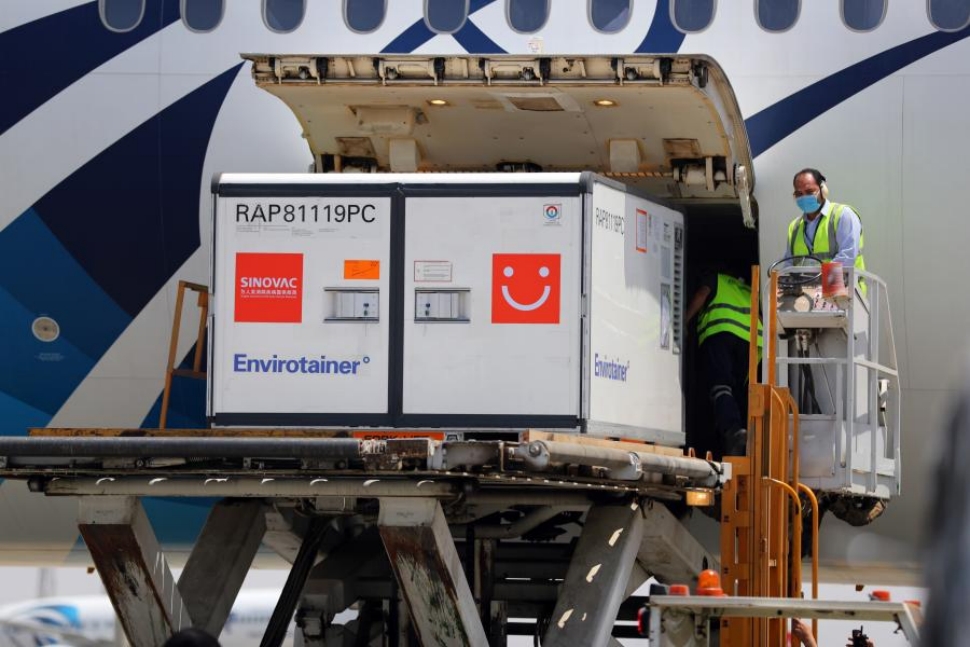
Ethiopia receives additional 2.2 mln doses of Chinese-donated COVID-19 vaccines
2022-01-21
-
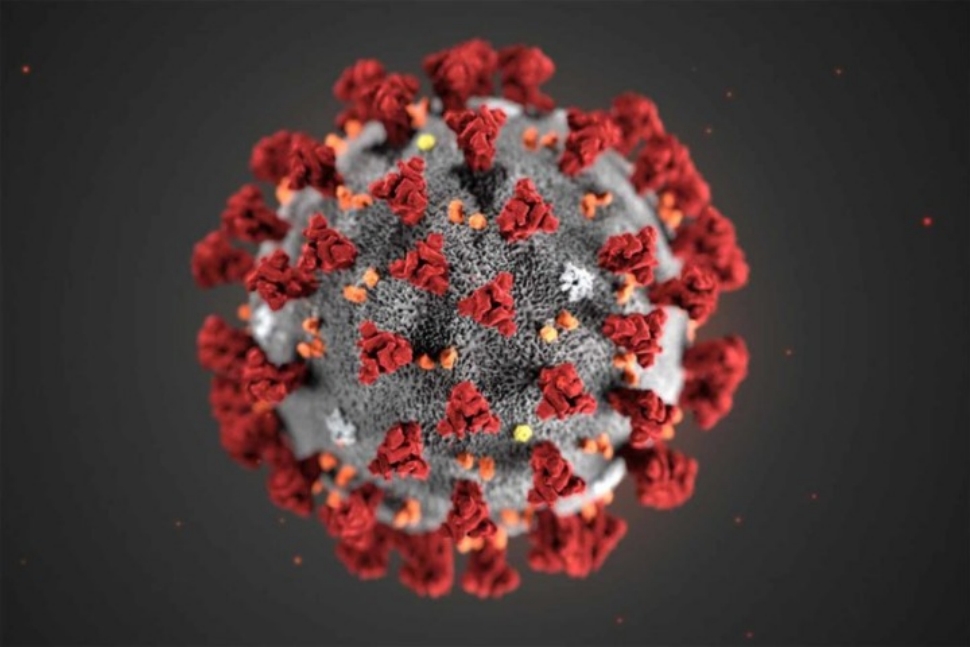
Hong Kong researchers say they develop novel material able to kill COVID-19 virus
2022-01-14
-
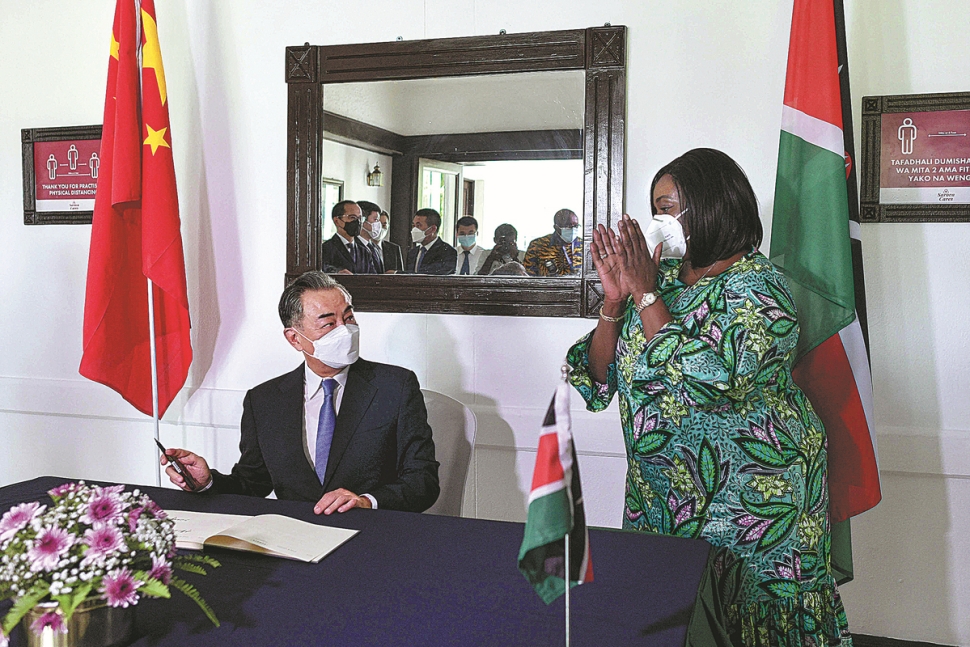
10 million more Chinese doses on way for Kenya
2022-01-14
-
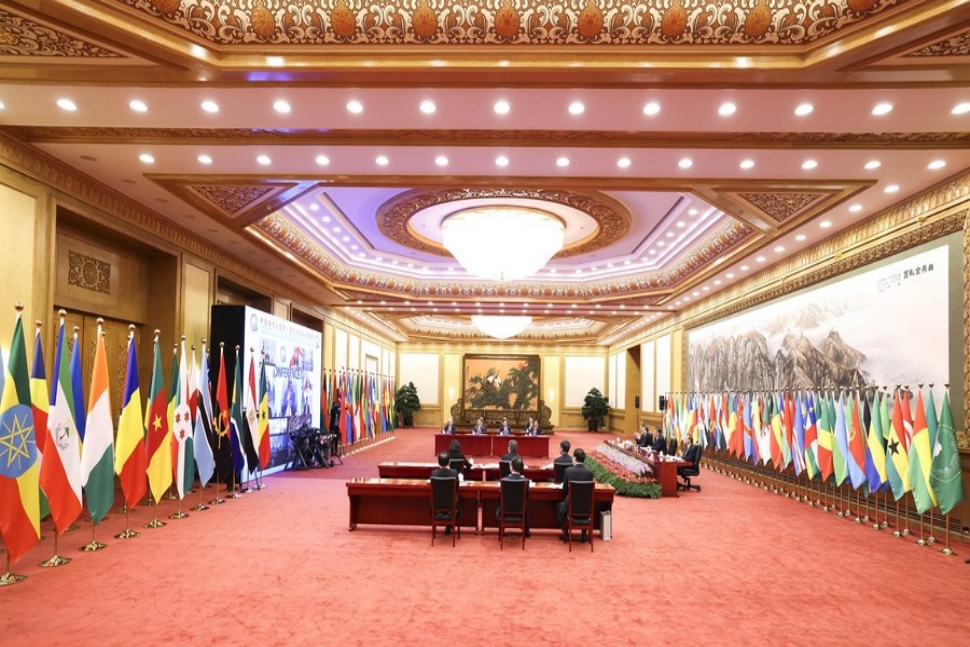
Sino-African ties on track for a brighter future
2022-01-07
-
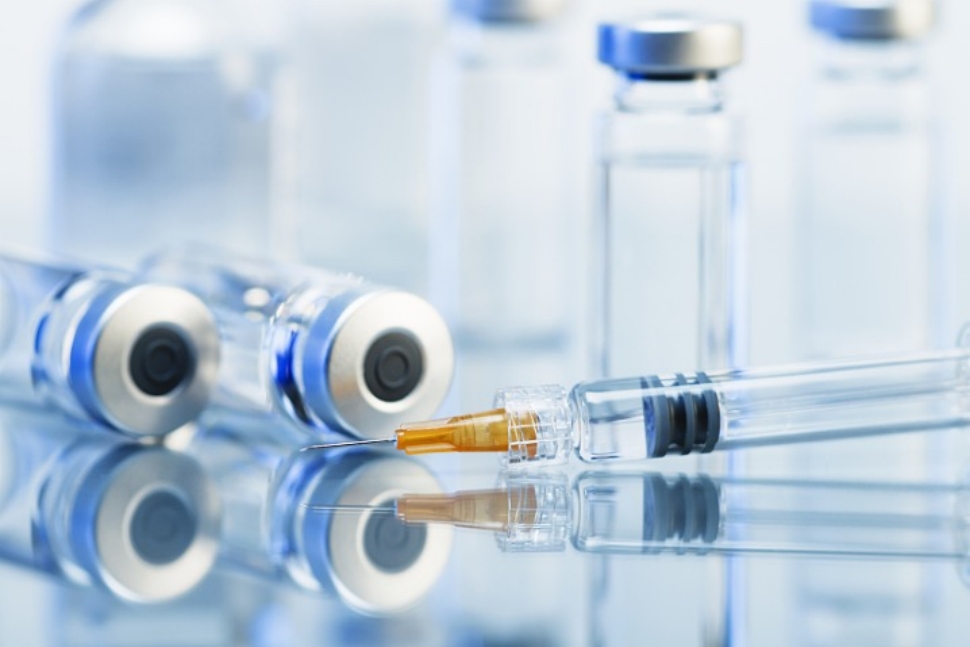
Efforts urged to boost COVID-19 vaccine production capacity in poor countries
2022-01-07
-
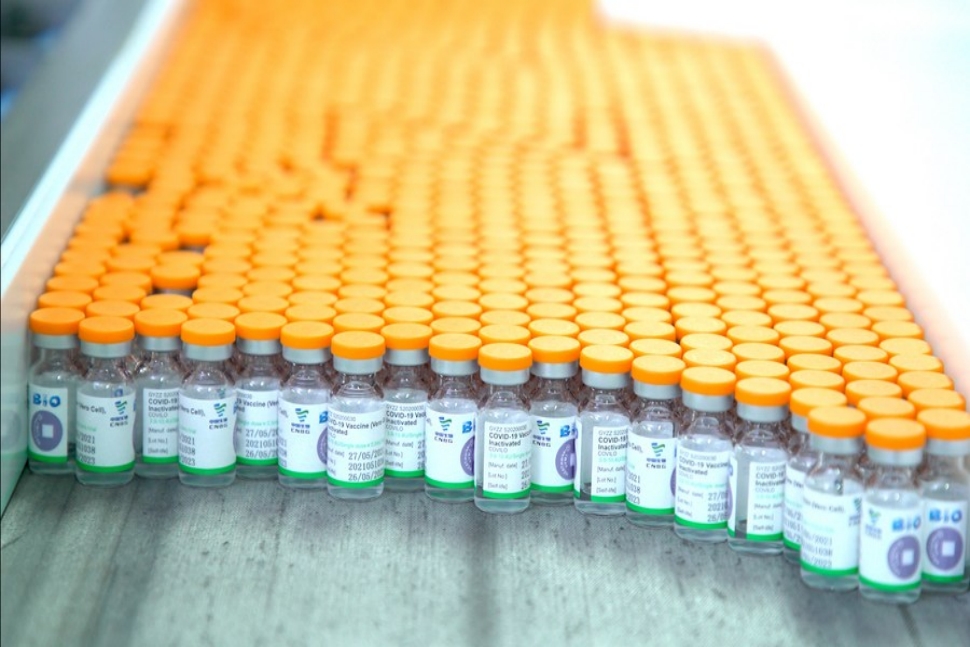
UAE approves Sinopharm's new protein-based COVID-19 vaccine
2022-01-07
New study finds SARS-CoV-2 antibody tests risky for predicting individual immunity
2020-05-21
WASHINGTON, May 19 (Xinhua) -- Antibody tests for SARS-CoV-2, the virus causes COVID-19, are useful for population-level assessments, but risky for predicting individual immunity, according to a new study published in Science Immunology on Tuesday.
Serological testing for SARS-CoV-2 has enormous potential to contribute to COVID-19 response efforts. However, the required performance characteristics of antibody tests will critically depend on the use case on individual-level and population-level, according to the joint study by researchers from University of Utah Health, Johns Hopkins Bloomberg School of Public Health, Harvard School of Public Health, University of California, San Francisco and Pennsylvania State University.
They believe antibody testing - even with moderate sensitivity and specificity levels - could provide highly valuable information to address critical public health questions, such as when to relax stay-at-home orders or school closures.
In theory, antibody tests can examine whether a person has ever been exposed to a certain virus over their lifespan. However, what SARS-CoV-2 antibody test results mean for protection and immunity are still poorly understood.
As tools to issue "immune passports" that certify an individual's immunity, current serological tests are insufficient and even harmful, said the researchers.
By contrast, as tools to ascertain population-level epidemiological trends, serological surveys could help officials estimate the risk of future waves of disease, measure the impact of interventions, and confirm the absence of transmission after the epidemic has subsided, as long as the tests' sensitivity and specificity are well-defined during data interpretation, according to the study.
Population-level serological sampling could enable screening of multiple biomarkers of public health concern, extending the utility of such a framework beyond SARS-CoV-2 alone, said the researchers.
(From People's Daily)



 My Member
My Member Message Center
Message Center











